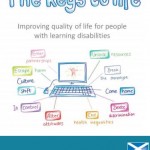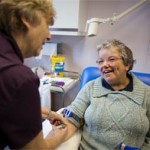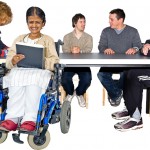
Get involved in the NICE scoping consultation on multimorbidities. Today’s post is a little different in nature – rather than bringing you the evidence, we are asking you to get involved in helping to shape it. NICE are in the process of defining the scope of their guidelines on multimorbidity (a combination of two or [read the full story…]









